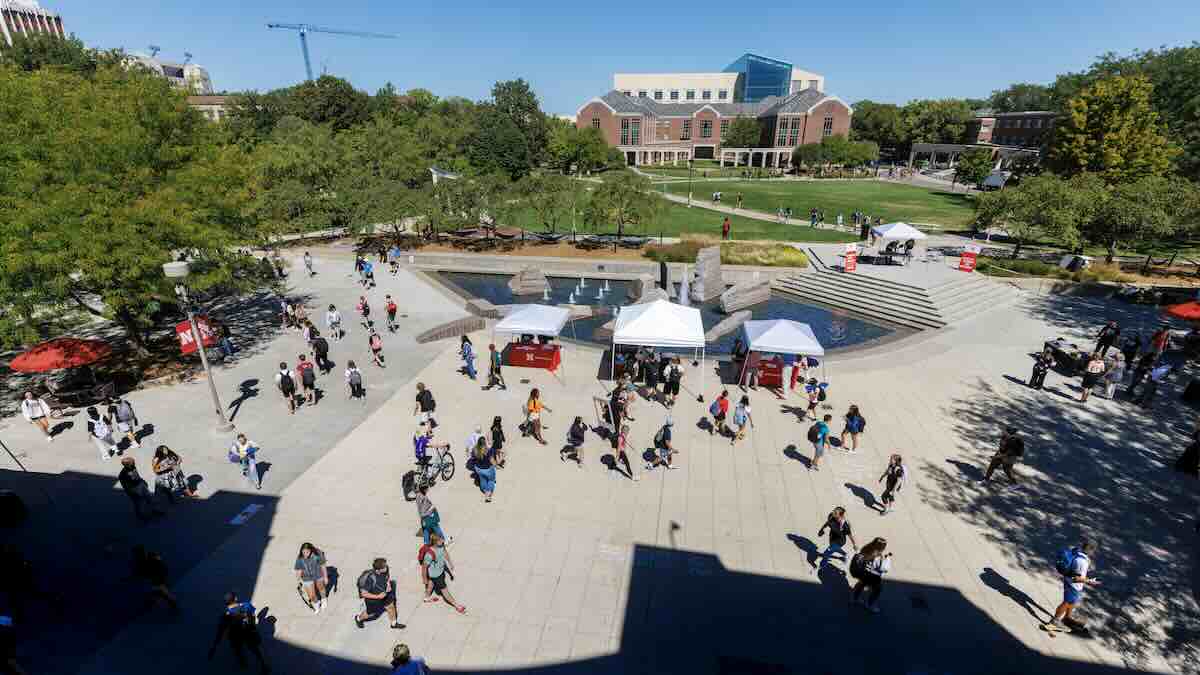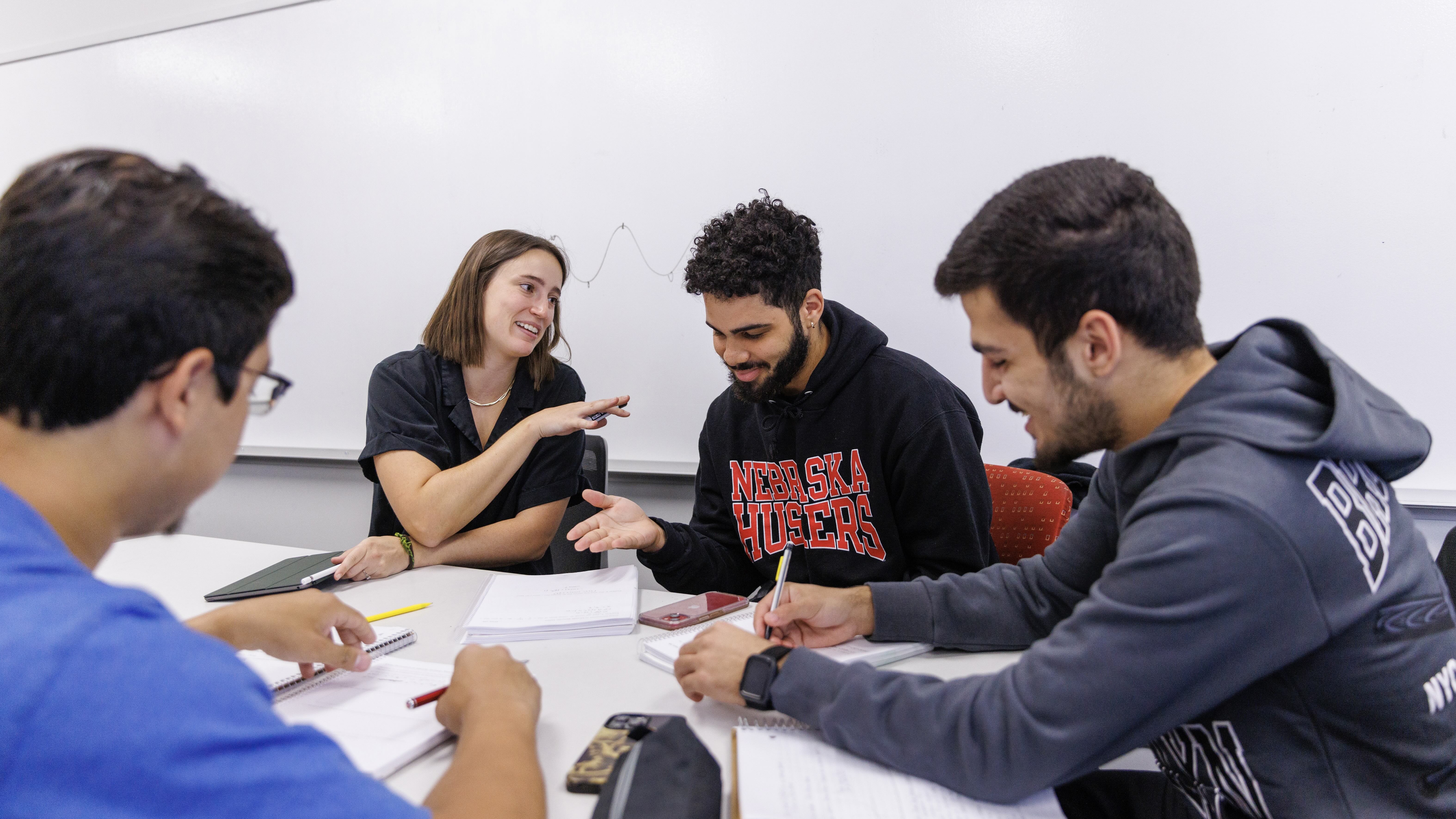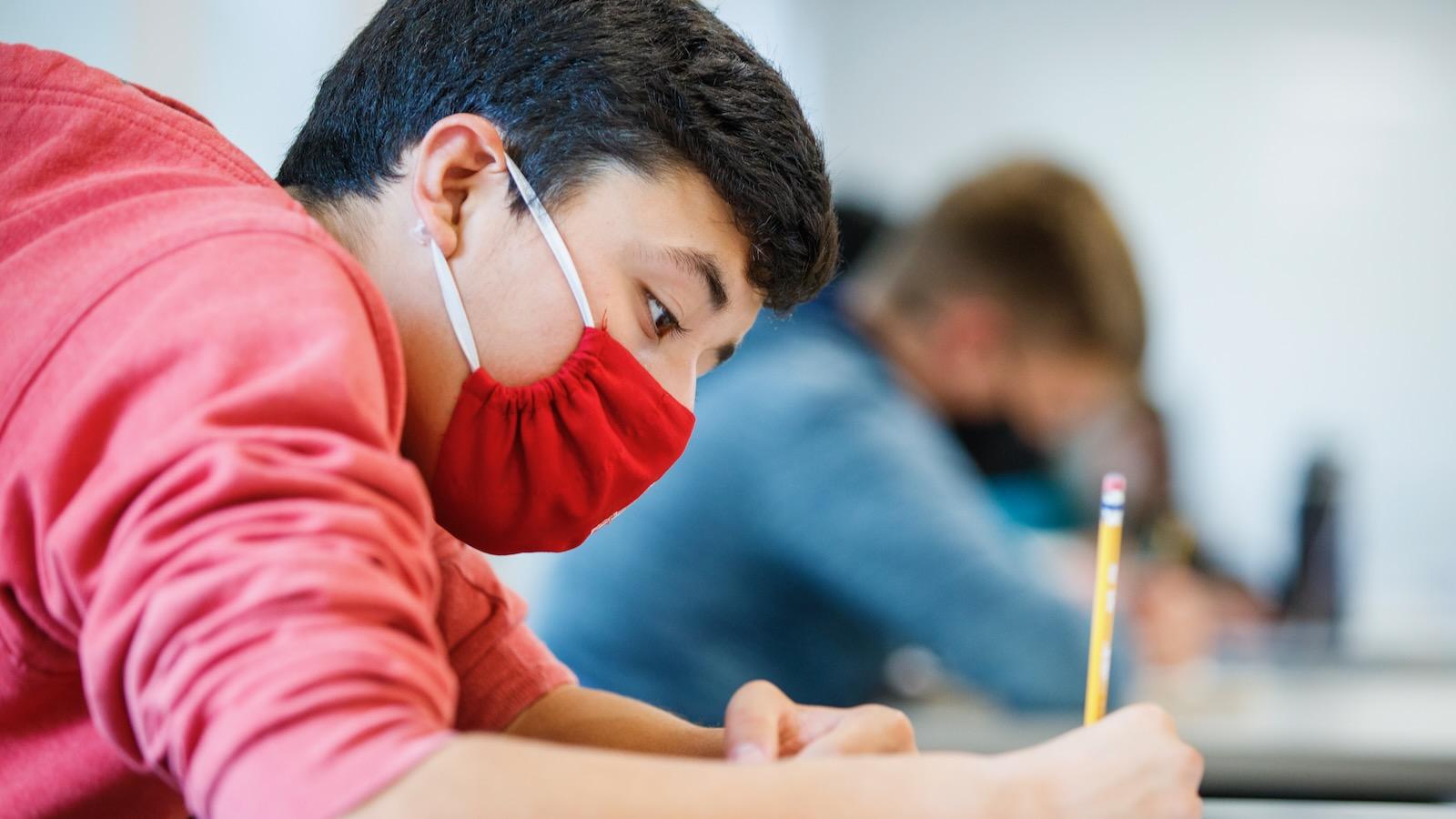Small Things, Big Impact: Setting the Stage for the Semester

May 3 | Learn pedagogical strategies and Canvas design features which can be implemented by instructors before and during the first week of class.
Supporting International Students’ Academic Success Spring 2024

Feb. 6, Mar. 5, Apr. 2 | Learn how instructors can best utilize the strengths of international students and help them be successful in the classroom.
2024 UNL Playposium
Higher education is rapidly evolving, and the incorporation of gamification and play in the college classroom has emerged as an exciting and effective approach to enhance student engagement, motivation, and learning outcomes.Becoming a Reflective Teacher
As an instructor, you never teach the exact same class twice. Different students bring different interests, values, expectations, and abilities that require you to adjust what you do and how you do it. Over time, you also adjust as you learn more about what makes for an effective and engaging educational experience. Adding an intentional reflective component to the changes you make can be a powerful way of helping you understand the impact of what you do in the classroom.Learning Analytics: Course Insights

Mar 8 | Join the Learning Analytics: Course Insights workshop for an opportunity to dive into the data provided in the Course Insights dashboards to better identify and understand equity gaps in your courses. A brief, asynchronous pre-workshop module will be offered in Bridge that covers learning analytics and Course Insights.
Sarah Rose Cavanagh: Hope in a Time of Monsters
March 1, 2024
Dr. Sarah Rose Cavanagh, author of the book Mind Over Monsters: Supporting Youth Mental Health With Compassionate Challenge spoke with a group of instructors as part of the CASNR Teaching & Learning Improvement Council's Spring Symposium, co-sponsored by the Center for Transformative Teaching. Below you can view the recording of her session and explore the supplemental materials that were shared.
Alternative Grading: Focus on Competencies

Feb. 26 | Explore the possibilities of a competency-based grading system with examples Anna Hiatt.
Linguistic Justice and You

Feb. 13, 27 | Learn about Linguistic Justice and how you can use it in your classes to support diverse learners.
Learning Communities
Philosophies, strategies, and technologies involved in teaching & learning can all evolve over time. We love to share well-established findings through workshops, but sometimes a space to discuss and interrogate ideas without the pressure of needing to already have the answers can provide a fresh perspective on the challenges of teaching. Instructor learning communities provide an avenue to explore and discuss these timely topics.Designing Effective Discussions about Diversity
These strategies help conversations about diversity, equity, and inclusion be more effective.Supporting International Students’ Academic Success Fall 2023

Learn how instructors can best utilize the strengths of international students and help them be successful in the classroom.
Flexibility: What to consider in late work policies
Late work policies depend on factors such as the discipline, course level, enrollment size, and instructor educational philosophy.Use What-Why-How Prompts to Increase Assignment Clarity
Creating assignments that clearly convey what students should do, why they should do it, and how they should do it improves the quality of work and reduces student questions.At Scale: Inclusive Practices and Equitable Policies
Despite the importance of putting equitable policies in place, it is not always easy. For example, if it is seen as too difficult logistically to offer make-up exams for a large class of students, then one might implement a policy of no make-up exams: show for the scheduled exam or take a zero. Even a more moderate policy of requiring a doctor's note before one may make up a high-stakes exam, is inequitable because not all problems preventing students from attending class come with a doctor's note.
At Scale: Leverage Teaching Support
Sometimes things you want to do for pedagogical reasons can be infeasible for practical ones - very often because you cannot supply the amount of labor that would be required to complete the corresponding work. Consider one-on-one meetings. These can be a great way to get to know your students, to help them feel connected and supported, and to provide assistance tailored to exactly what each student needs.
At Scale: Organize Content Well
Over the course of a full semester, the quantity of course materials students must navigate is significant and students often struggle to find important information, even when it seems obvious to their instructor. In fact, even instructors familiar with their naming and organizing conventions lose track of where things are from time to time.
At Scale: Use Engaging Activities
In the stereotypical high-enrollment class, one finds disengaged, bored, unmotivated students who feel lost in a crowd. This is because it is more difficult to create connections with students, and to keep them engaged, in this type of setting. But it is by no means impossible. Indeed, some high-enrollment classrooms are far more lively and engaged than a smaller class could ever be. But that is not the default experience - instructors plan carefully to create that type of experience.
At Scale: Support Students and Treat them with Respect
Because of the high student-to-instructor ratio, it is easy for students in large courses to feel under-valued. This is not always just a perception: very often, the instructor will not, in fact, know a given student's name or notice if the student exhibits signs of struggling. Likewise, because the students often do not get to know the instructor, it is easy for them to dismiss the instructor as harsh or uncaring.
At Scale: Create Practical and Effective Assessments
Common assessment and feedback challenges faced in large-enrollment classrooms include the following:
At Scale: Use Technology Intentionally
Using new, or different technologies in your class may bring a learning curve for you and your students, the potential for additional financial costs, and a variety of other challenges. However, when selected with care and purpose and implemented throughtfully, technology can help you with the heavy lifting involved with teaching a large group of students; it might help get students more engaged with lessons; and it might help you provide better support to students who need it.
Peer Review of Teaching
In academia, peer review is the standard for evaluating research to ensure that only high-quality research is published. Similarly, instructors give students feedback in classes because they recognize the value of students receiving feedback from an expert in the field to foster learning and skill development. With appropriate structure and intentionality, peer review of teaching allows instructors to benefit from expert feedback in the same way as students and researchers.
Timely Tools for Student Success
Key ways to support student success at points of time during the term.CTT-Recommended Peer Observation Process
The CTT recommends using a peer observation process to expand reviews of one's teaching beyond student course evaluations.Experiential Education
Experiential learning encompasses a variety of activities to engage students with course content.Reviewing and Comparing Lecture Notes
When students are given time to review and compare notes, students make significant learning gains by constructing context through collaboration.Practice/Application Problems
Practice or application problems can help students understand and retain information on a topic longer than passively listening to a lecture.Lecture Reaction
Lecture reaction is a strategy used to elicit deeper learning on a topic just covered in a lecture and is divided into four sections.Backchannel Discussion
A backchannel discussion includes any conversation between students or between the students and instructor that are not the primary lecture.Illustrative Quotations
Students are tasked with finding one or more quotes from a text or similar material that supports a specific claim about the reading.Muddiest Point
Muddiest Point is a technique used to determine which topic is the most unclear to students at the end of a presentation or lecture. The students are usually given the prompt: “What aspect of the lecture material is still unclear or confusing?”.